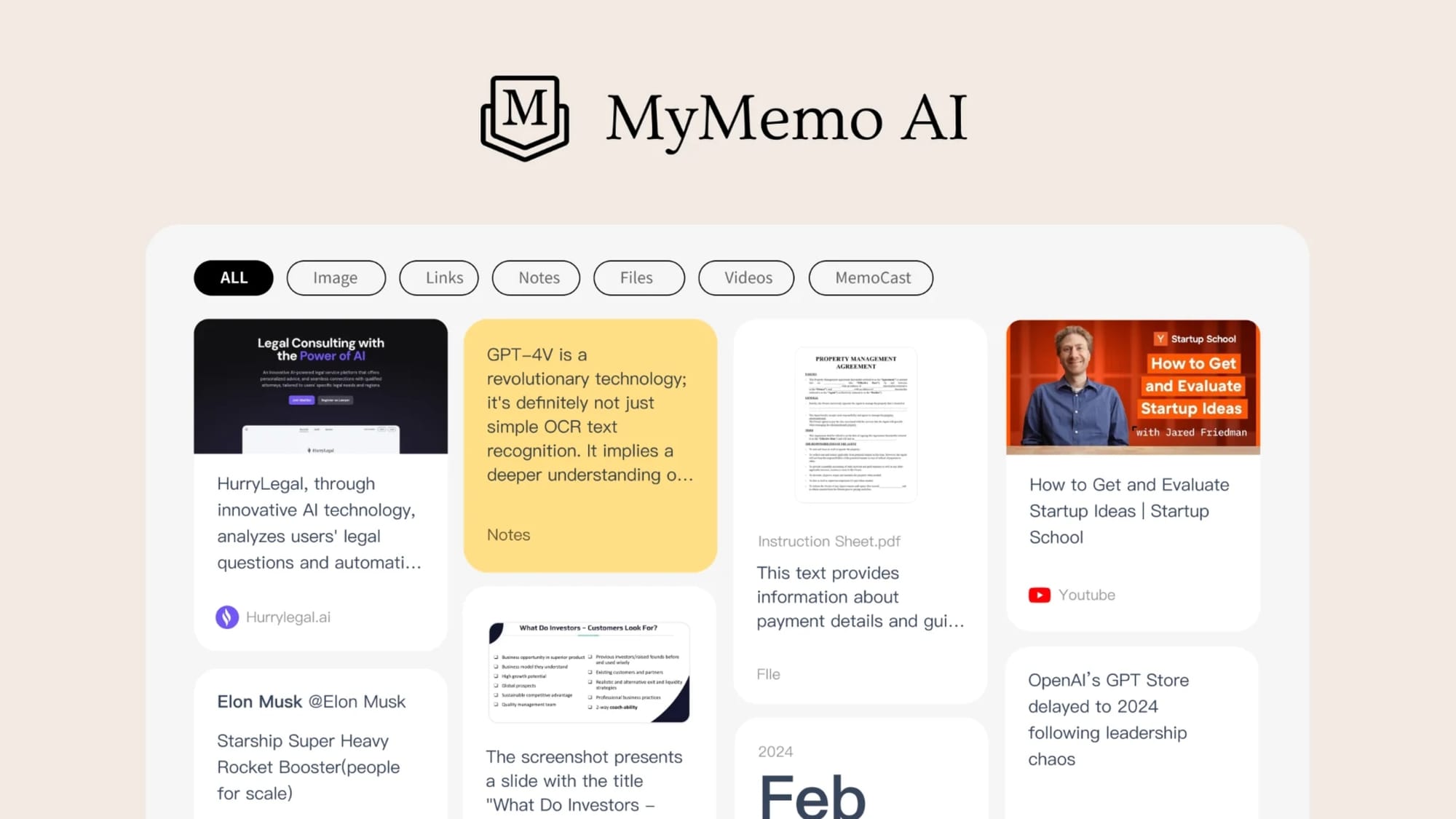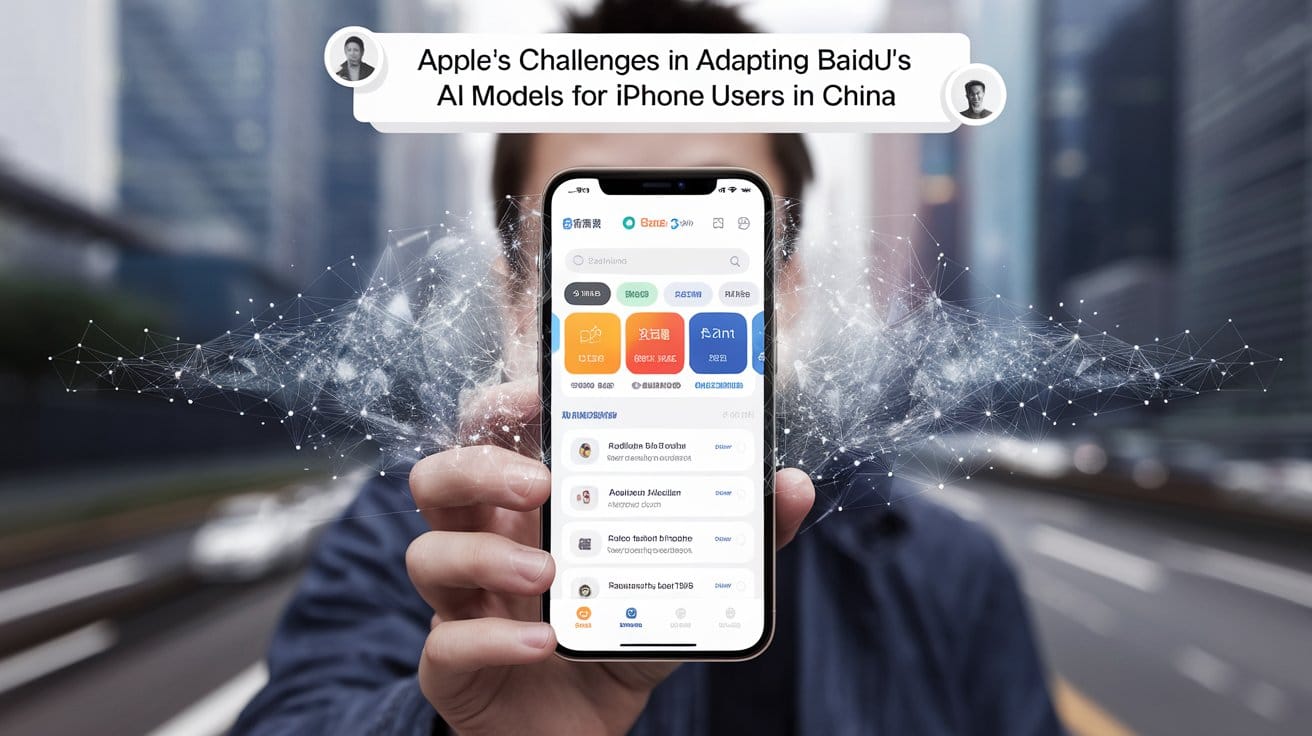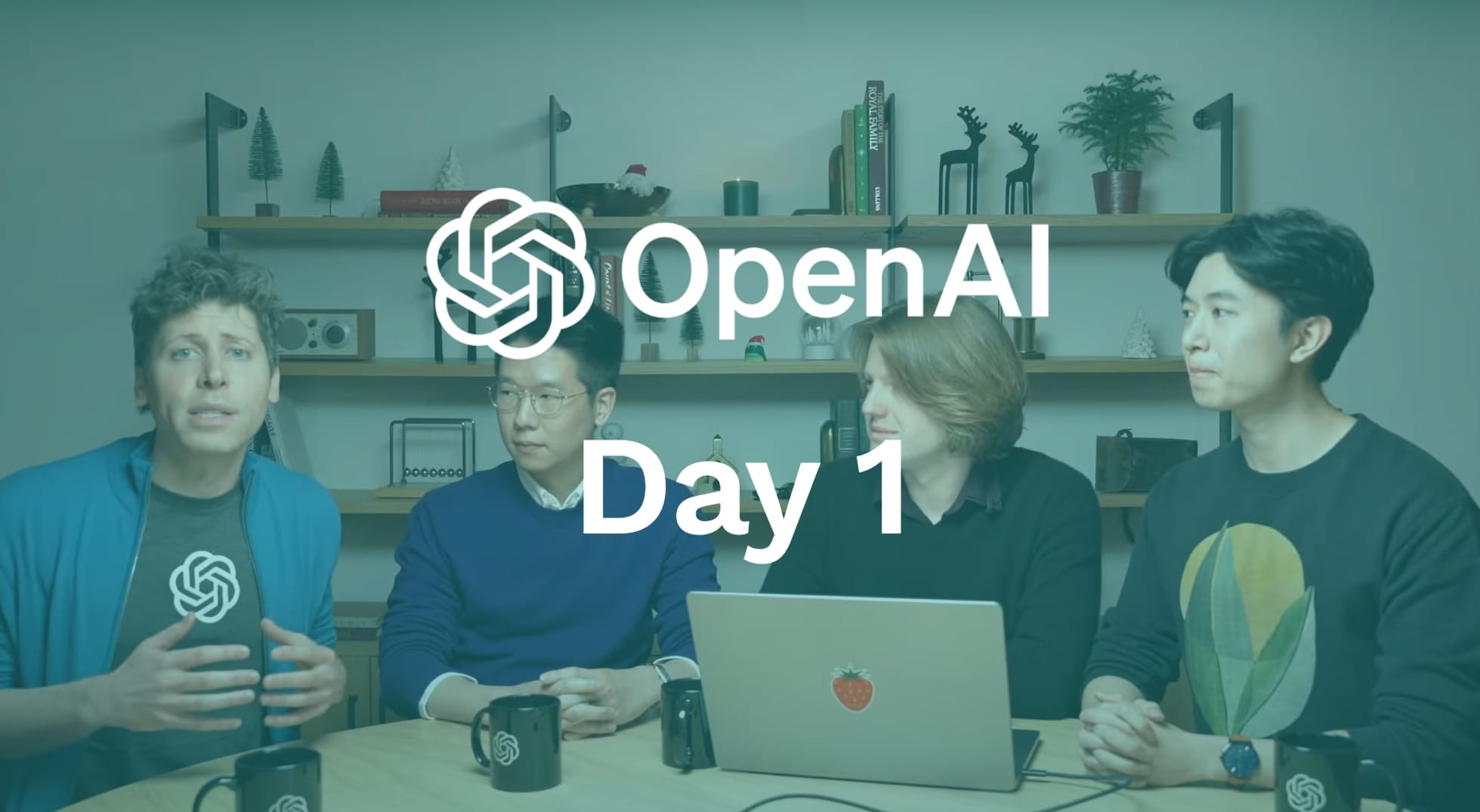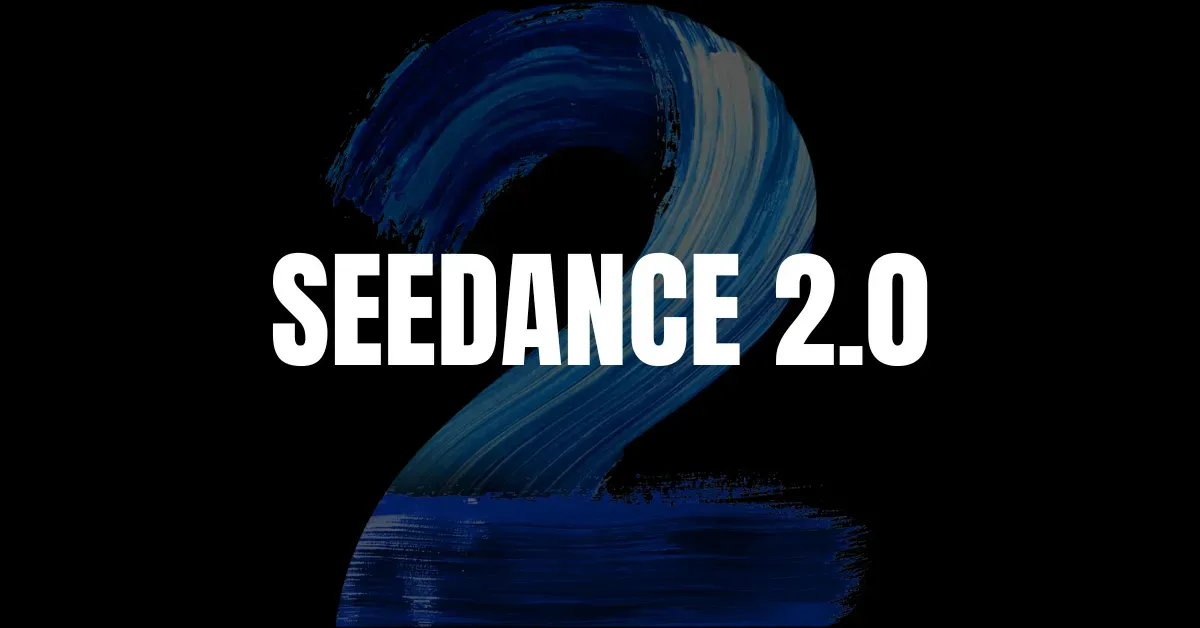Behind the Bluesky: No Guard

Hello, AI Enthusiasts!
Today, we’re serving up a piping hot controversy fresh from the social media oven! Yes, it’s the case of the million Bluesky posts that got scraped, uploaded, and—surprise!—promptly removed like that embarrassing photo your friend tagged you in on Facebook.

HEADLINES
Your Bluesky Posts May Now Be Fed To AI

The recent controversy surrounding the release and removal of a dataset consisting of one million Bluesky posts underscores critical issues of data privacy, user consent, and the ethical implications of utilizing publicly available information for AI research. This incident has ignited a crucial conversation about the responsibilities of tech developers, researchers, and social media platforms in the digital age.
- The dataset, consisting of one million public Bluesky posts, was scraped and uploaded to Hugging Face by machine learning librarian Daniel van Strien. It was intended for AI research but raised significant concerns over user consent.
- Users and privacy advocates quickly condemned the dataset's release, arguing it violated the principles of transparency and consent fundamental to Bluesky. In response to backlash, van Strien removed the dataset and issued a public apology.
- Following the initial controversy, even larger datasets, containing nearly 300 million non-anonymized Bluesky posts, have been created, intensifying concerns regarding data privacy and misuse in the tech community.
TOGETHER WITH MYMEMO
Enhance Your Digital Memory With AI

Ever felt like your brain is on information overload? In the digital age, data deluge is the new norm—but it doesn't have to be your reality.
Let an AI-driven second brain intelligently manage your digital knowledge, transforming data chaos into structured insights.
This deal is provided by Oncely.com, the #1 Lifetime Deals Marketplace for AI & Software. A New Way of Buying AI Software — Pay Once, Use Forever, and say goodbye to monthly fees. The smartest way to leverage AI in your Business and Career before everyone else.
HEADLINES
Apple Faces Difficulties Adapting Baidu's AI Models for iPhone Users in China

Apple, renowned for its technology innovations, is currently grappling with the integration of Baidu's AI models into its devices for the Chinese market. This endeavor is not just a technical challenge but a multifaceted issue that encompasses privacy concerns, regulatory hurdles, and the competitive landscape, all of which could significantly impact Apple's standing in one of its most critical markets.
- Apple is facing difficulties in adapting Baidu's most advanced AI model, Ernie 4.0, for iPhone users. The model struggles with understanding prompts and providing accurate responses, which negatively impacts user experience and could lead to declining sales.
- A clash of philosophies exists between Apple’s strong commitment to user privacy—which prohibits data collection from AI queries—and Baidu's approach, which involves saving and analyzing user data to improve AI models.
- China's stringent regulations regarding data localization and AI technology usage present additional complications. Apple must navigate these rules while adhering to its privacy standards, resulting in delays in rolling out AI features and affecting its competitive position.
QUICK HEATS
- Nvidia has partnered with the Vietnamese government to establish an AI research and data center in Vietnam.
- Billionaire Alex Gerko's XTX Markets has donated $9.2 million to launch the AI for Math Fund, aimed at enhancing AI for mathematicians.
- Waymo is set to expand its autonomous ride-hailing service to Miami in early 2025 through a partnership with Moove.
- Italian startup iGenius and Nvidia plan to launch one of the world's largest AI systems, named "Colosseum," in a southern Italy data center by mid-2025.
- Elon Musk's xAI plans to expand its supercomputer "Colossus" to over one million GPUs to enhance its AI capabilities.
AI TOOLS
- 🦾 Inline Help answers customer questions before they ask.
- 📢 Typefully writes, schedules & publishes on 𝕏 and LinkedIn, without distractions.
- 🎁 Giftruly finds gifts that truly matter.
- 📜 Airstrip AI accurates legal documents for your business.
- 📀 Suno-Top is a fast and free music downloader for Suno AI-generated music.
- 🎧 Tad AI creates original songs with your choice of genres and moods using text prompts. (Featured)
- 📚 Heardly is the Fast Way to read Best Book. (Featured)
- 💰 Intellectia is the most powerful AI platform for smarter investment.(Featured)
- 🦾 Flot AI writes, reads, and remembers across any apps and webs. (Featured)
- 👗 Gensmo unleashs your fashion creativity. (Featured)
1 Million+ AI enthusiasts are eager to learn about your product.
AI Secret is the world’s #1 AI Newsletter, boasting over 1 million readers from leading companies such as OpenAI, Google, Meta, and Microsoft. We've assisted in promoting Over 500 AI-Related Products. Will yours be the next?
What We Can Offer:
- Launch an Advertising Campaign
- Introduce New Product or Features
- Other Business Cooperation
Email our co-founder Mark directly at mark@aisecret.us if the button fails.









